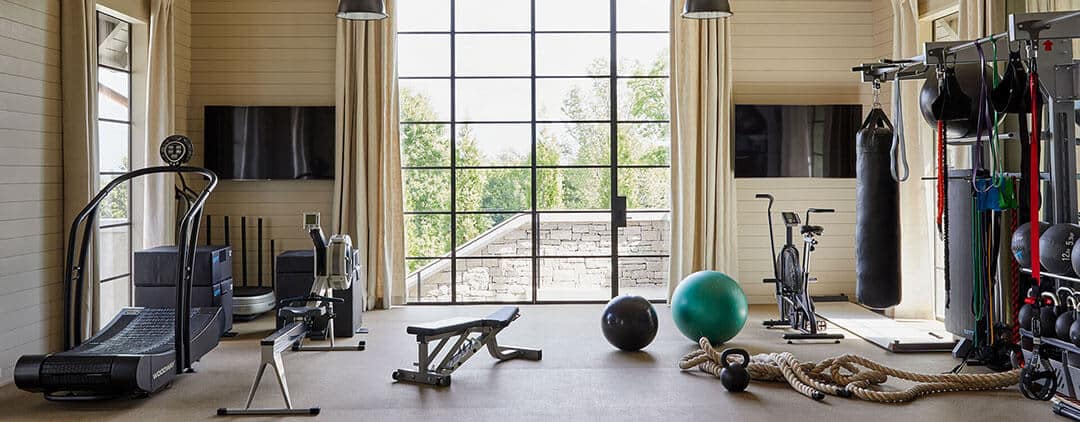Experiencing shoulder pain or hearing cracking sounds while lifting dumbbells or performing dumbbell presses can be concerning and disruptive to your workout routine. This article aims to shed light on the potential causes of these symptoms and provide guidance on how to exercise safely and effectively.
Anatomy and Physiology of the Shoulder
The shoulder is a complex joint comprising the humerus, scapula, and clavicle, connected by various muscles, tendons, and ligaments. Its intricate structure allows for a wide range of motion but also makes it susceptible to injuries, especially under repetitive stress or improper loading.
Common Causes of Shoulder Pain and Cracking
Shoulder pain or cracking during dumbbell exercises can be attributed to several factors:
Improper Form: Incorrect positioning or movement patterns can place undue stress on the shoulder joint.
- Overuse and Repetitive Stress: Frequent and intense use of the shoulders without adequate rest can lead to inflammation and pain.
- Weakness or Imbalance: Lack of strength in supporting muscles or muscular imbalances can compromise joint stability.
- Previous Injuries: Past shoulder injuries may predispose the area to recurrent problems or decreased mobility.
Proper Technique and Form
Maintaining proper form during dumbbell exercises is crucial to prevent shoulder injuries:
- Keep Your Core Engaged: This helps stabilize your body and reduces the load on your shoulders.
- Control the Movement: Avoid swinging or jerking motions that can lead to momentum-based lifting rather than muscle-driven.
- Start Light: Begin with lower weights until you feel confident in your form before gradually increasing resistance.
Preventative Strategies
To minimize the risk of shoulder pain and cracking:
- Warm-Up and Cool Down: Incorporate dynamic stretching before workouts and static stretching after to prepare and relax your muscles.
- Strengthen Supporting Muscles: Focus on exercises that strengthen the rotator cuff and shoulder stabilizers.
- Rest and Recovery: Allow adequate time for recovery between shoulder-focused workouts to prevent overuse injuries.
- Consult a Professional: If pain persists, consult a healthcare provider or a certified fitness trainer to assess your technique and tailor a safe exercise plan.
In conclusion, experiencing shoulder pain or cracking during dumbbell exercises can be indicative of various underlying issues, ranging from improper form to overuse injuries. By understanding the anatomy of the shoulder, adopting correct form, and implementing preventative strategies, you can work towards alleviating these symptoms and continue enjoying your workouts safely. Remember, listening to your body and seeking professional advice when necessary are key components of a sustainable fitness journey.

